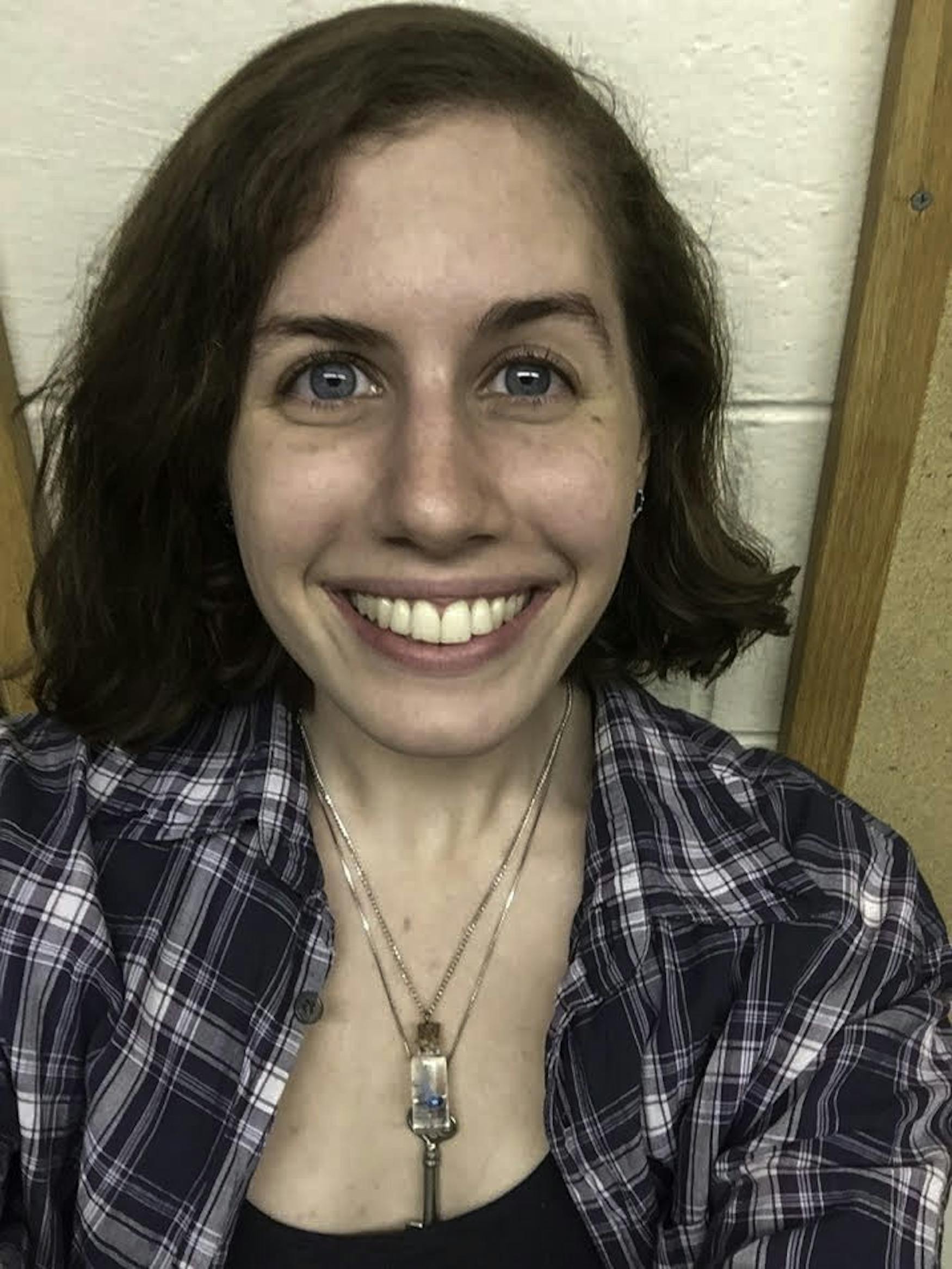Interview with Sara Kenney '18
JustArts: What goes into a student’s decision to do a senior thesis?
Sara Kenney: I think people do it because they’re passionate about theater and ... interested in working in theater, going into theater and either exploring new things … or something we’ve been working on for a very long time. ... We’re in a B.A. program and there are lots of different exposures to different types of theater and I think the festival is a great way to concentrate on something in a very large scale professional way.
JA: How much support do students get from faculty?
SK: We get a lot of support. Each student is assigned one or two faculty members. What’s nice about our faculty is that they’re working artists in the Boston area, so they bring a wealth of experience. They guide us along the way, keeping us in track in terms of what our ideas are. … We have a lot of independence, and they expect that from us, but they’ll swoop in if we ever need any help. They’ll also come in and watch rehearsals and give feedback, which has been really helpful. We have an academic administrator named Alicia Hyland who is excellent. We have a great department and a lot of resources. There’s not a ton of hand-holding, but a lot of assistance.
JA: Can you tell me a bit about your thesis?
SK: It’s feminist readings of Shakespeare. I do 8 plays … in the span of an hour with my acting partner Rachel Greene [’20]. We go through the histories to the comedies to the tragedies to the romances. I was really focused on how these women achieve power — how they use power when they’re speaking and how they rival themselves or place themselves socially against men. I’m putting them all next to each other because I think it’s interesting to see a new fresh reading of Shakespeare rather than the standard we subscribe to, with Lady Macbeth as the pinnacle of feminine power. … It was interesting for me as a performer … to create the feminist space and figure out how women can take up space in theater.
JA: How did you decide on this?
SK: In my senior year [of high school], I really started getting interested in the critical literature around Shakespeare. When I got to Brandeis, I was in “Twelfth Night,” which I loved, and then I studied at the British American Drama Academy in London and got conservatory training.
JA: Highs and lows of the process?
SK: It’s hard when you want to act but it’s also a scholarly project, figuring out what I wanted to do and crafting something out of nothing. It was exciting but it was also a lot, and I’ve never worked with only one other person before. It was a lot of work but the payoff has been huge.
—Maya Zanger-Nadis



Please note All comments are eligible for publication in The Justice.